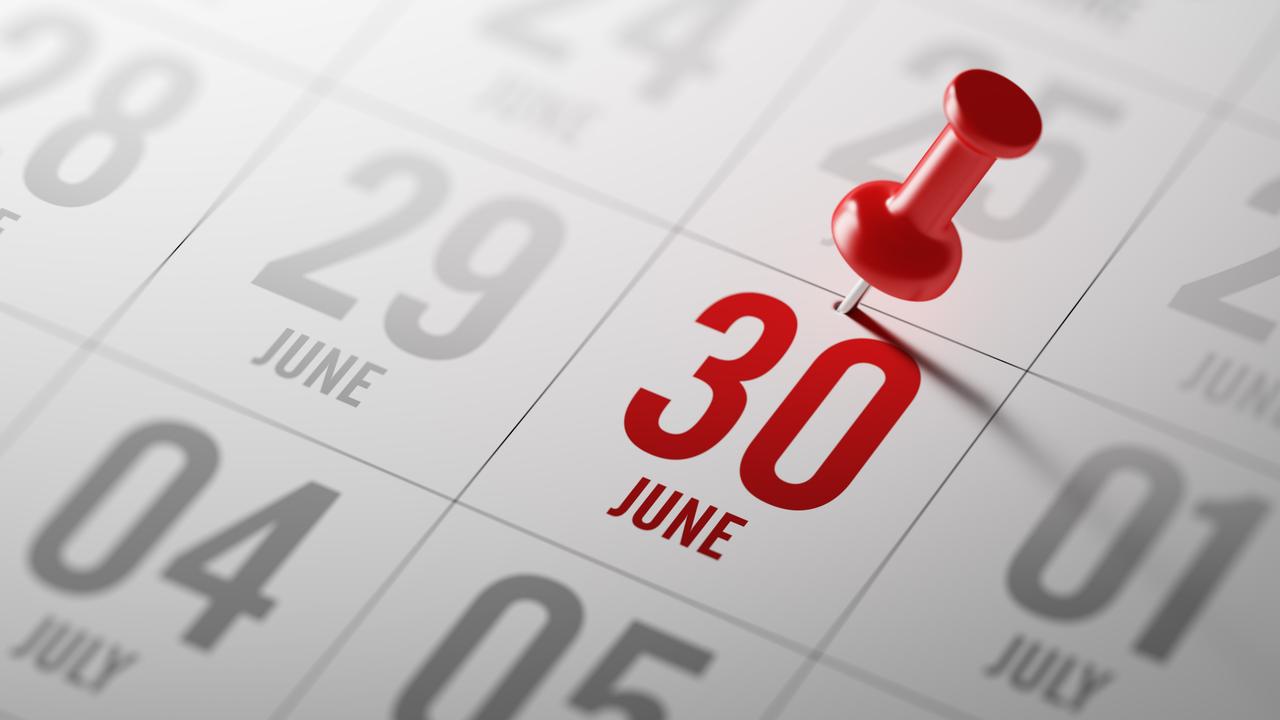5 cost-effective tips for maintaining healthy teeth
Many teeth problems can be avoided with simple habits which will save you money on dentist fees. Here’s the dental advice you can’t afford to ignore.
These products are hand-picked by our team to help make shopping easier. We may receive payments from third parties for sharing this content and when you purchase through links in this article. Product prices and offer details are not assured, and should be confirmed independently with the retailer. Learn more
Diseases that affect teeth are among the most common and costly to Australians and the healthcare system.
The latest data from Australia’s Adult Oral Health Tracker reveals more than a third of adults (aged 15 or older) have untreated tooth decay – an overall increase of 6.6 per cent compared to 17 years ago.
One thing some people tend to forget when it comes to caring for your teeth is that the vast majority of dental problems can be avoided with simple at home habits, saving you money on dentist fees in the long run.
This is the view of Australian Dental Association Vice President Dr Steve Liew.
“Regularly attending the dentist for simple checks and cleans allows dentists to diagnose things way earlier, before they become problematic,” he said.
“The more often you come, the more you’ll save.”
5 tips to maintain healthy teeth and cut dental costs
Dr Liew recommends his top tips below to help people look after their teeth every day:
1. Brush twice a day using a fluoride-based tooth paste.
2. Clean between your teeth daily. It doesn’t matter what time, it just has to be done daily.
3. Rinse your mouth, but avoid spitting all of the toothpaste out – it keeps the “good stuff” (fluoride) on your teeth. A lot of people don’t realise this.
4. Avoid food and drink with high sugar content. One guide is that the World Health Organisation recommends no more than 6 teaspoons of sugar a day, or about 24g.
5. Opt for water and milk for hydration over fruit, fizzy drinks, and sports drinks.
Could you save on your dental care?
Dentist advice we should never ignore
Dr Liew said the one of his biggest pieces of advice to patients is to not ignore dentists when they spot something worrying in your mouth and tell you to see a specialist.
“That is our gentle way of saying we are quite concerned,” he said.
“One of the reasons to refer a patient to an oral specialist could be for the early diagnosis of mouth cancer.”
Another piece of advice patients should not ignore is a recommendation for a cavity filling.
“A cavity is a hole in a tooth that cannot be brushed or cleaned by you, and it’ll only get worse if left,” Dr Liew said.
A return visit is just as important, and not simply an arbitrary number.
“If we say return in six to 12 months, there’s actually good reason for needing to see you during that time frame,” Dr Liew said.
The good news is, if your private health insurance policy covers dental then you could claim as much as 100 per cent of the cost of a check-up.
Could you find cheaper extras cover for dental?
Biggest mistakes we make when looking after our teeth
Dr Liew said among the biggest mistakes people make with their teeth is prioritising aesthetic work (like those seen on Instagram) before their dental health.
“Bleaching your teeth without getting a full check to make sure you’ve got (healthy) teeth and gums is like polishing a car when it has flat tyres,” he said.
“There’s no point in doing it, and you’ve got the wrong priorities in mind.”
He said a good way to think about oral health is that the mouth is linked to the rest of the body. Gum disease, if left untreated, can lead to many, many other illnesses such as heart disease and diabetes.
“People assume when their gums are bleeding, ‘don’t worry about it’, but eventually it can become gum disease,” he said.
According to Australia’s Children and Young People Oral Health Tracker report, oral diseases like gum disease, tooth decay and oral cancers contribute to illness, disability and death.
Untreated tooth decay in people aged 15 or older accounts for more than 32 per cent of the population. The number of adults who reported having a toothache has risen steadily since the year 2010.
“When you ignore your mouth, you ignore your body,” Dr Liew said.
“The second you ignore your body, health issues become more and more expensive.”




